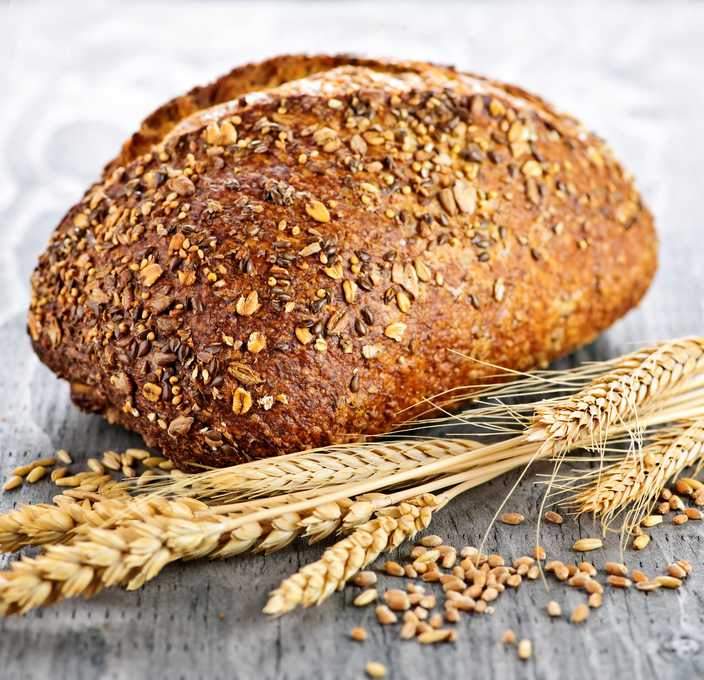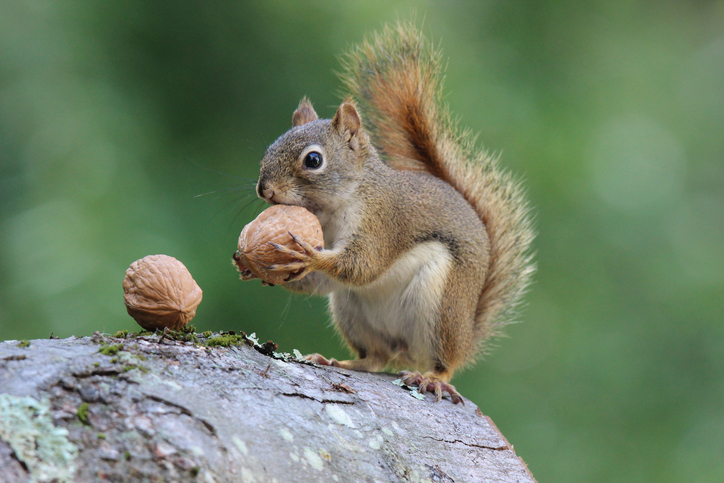whole
(adjective, noun, adverb)
/hoʊl/
 LISTEN
LISTEN


Wholegrain bread
Whole is an adjective that means ‘entire, full’ and ‘complete, with all its parts.’ It’s also used to emphasize how much an amount is. Whole also means ‘not broken or injured.’ A whole number is a number that is not a fraction. As a noun, a whole is an assembly of things considered as one thing or a thing that is complete in itself.
Example sentences
- I can't believe Tania ate the whole cake and didn't even leave a piece for me!
- Make sure you have the whole kit before starting to assemble your model.
- I have a whole lot of work to get through today.
- James was relieved to find all his plates and glasses were still whole after his family finished moving to their new house.
- Round your answer up to the nearest whole number. So if you get 2.6, round it up to 3.
- Jenny had written all the chapters of her novel, but she still needed to work them into a coherent whole.
Words often used with whole
as a whole: considered as a unit. Example: “As a whole, people with sedentary jobs don’t do enough exercise.”
on the whole: mainly, overall. Example: “I agree with you on the whole, but I think you may have misunderstood this point.”
out of whole cloth: completely made up. Example: “Ben’s story was so far-fetched it was obvious that it was made out of whole cloth.”
In pop culture
The song “A Whole New World” was one of the big hits of the Disney movie Aladdin. In the movie, Aladdin and Jasmine soar through the sky on a magic carpet and sing about how, from up there, it’s like they can see “a whole new world.” In this adverbial use, whole means that something is completely different. In the US, we use this meaning in the common informal phrase a whole nother…, which also introduces something different. For example, “I was late to class because my car broke down. But why didn’t I do my homework? That’s a whole nother story.”
Commonly confused
Don’t confuse whole with hole. They are pronounced the same, but a hole is a hollowed out area or an opening––something missing rather than something complete!
Other forms
wholeness (noun), wholly (adverb)
Origin
Whole dates back to before the year 900. The Old English adjective hāl, which meant ‘entire,’ ‘whole,’ ‘uninjured,’ ‘safe,’ ‘healthy,’ and ‘genuine,’ became the Middle English hole or hool, and its use as a noun (with the same meaning as an adjective) is recorded already in Middle English. It comes from the Proto-Germanic root haila- (undamaged), and is related to the Dutch heel, the German heil and the Old Norse heill (all meaning healthy). The origin is the same as for the English verb heal. As for the spelling, it has been written with a wh- since the early 15th century, because of the influence of northern English dialects.
Word of the Day is released Monday through Friday.



